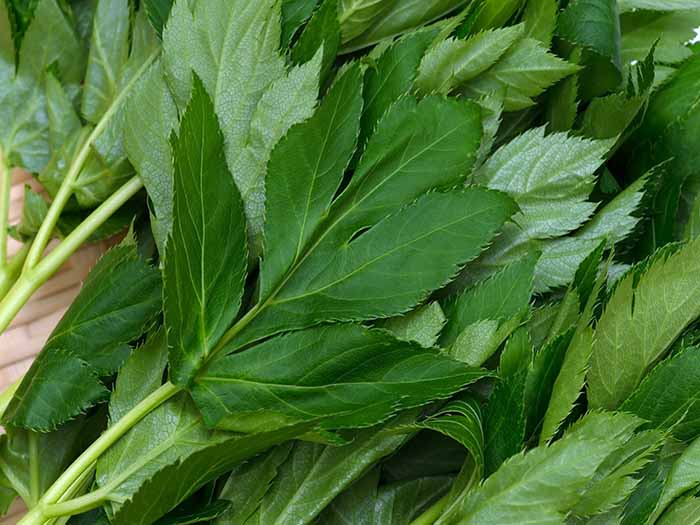Drinking Ashitaba tea is a largely unknown strategy for boosting your overall health, metabolism, and immune defenses while enjoying an important part of ancient culture.
What is Ashitaba Tea?
Ashitaba tea is a hot beverage brewed with the leaves of the Ashitaba plant, scientifically known as Angelica keiskei. This plant grows primarily in Japan, which is where this tea originated. Not only does this tea not have caffeine, making it an important drink for those who want to cut down on that chemical stimulant, but it also is packed with antioxidants, rivaling even green tea. With unique compounds like chalcones and other antioxidants, this tea also offers carotene, coumarins, potassium, iron, calcium, and various vitamins, including vitamins A and C. [1]

After water, tea is the most widely consumed drink in the world. Photo Credit: Shutterstock
Ashitaba Tea Benefits
There are quite a few impressive health benefits of Ashitaba tea that include the following:
- Improved digestion & metabolism
- Stronger immune system
- Relief from chronic inflammation
- Antioxidant properties
- Relief from neurological & gynecological problems
- Balanced hormone levels
- Anticancer potential
As mentioned, this tea is overflowing with unique antioxidants, which can boost the immune system and seek out free radicals, eliminating them before they can cause cellular mutation or chronic inflammation. This means that it can help soothe the digestive system, as well as protect the body against various diseases. [2]
In terms of neurological problems and gynecological problems, the unique compounds present in this tea have shown to optimize bodily functions and balance hormone levels, as well as soothe the nervous system. There is no caffeine in this tea, but it is known to stimulate metabolism and increase overall energy levels. [3]
How to Make Ashitaba Tea?
If you want to make your own Ashitaba tea at home, you can prepare it using either a powdered form of these tea leaves or full dried tea leaves, although the latter may be harder to find.

Ashtiba Tea Recipe
Print Pin RateIngredients
- 2 Cups Water
- 3 grams Ashitaba leaves
- Honey To taste
Instructions
- Bring 2 cups of water to a boil in a saucepan.
- Pour the water over 3 grams of dry ashitaba leaves in a teapot or infuser.

- Allow the mixture to steep for approximately 5 minutes.
- Strain the leaves and serve hot. Add honey to taste, if desired.
Ashitaba Tea Side Effects
There are rarely negative side effects reported when drinking this tea, but it can cause gastrointestinal distress in some people and is not recommended for pregnant or breastfeeding women. The powerful effects of certain unique antioxidants in this tea have not been researched thoroughly, so be sure to speak with your doctor before adding it to your health routine. [4]

